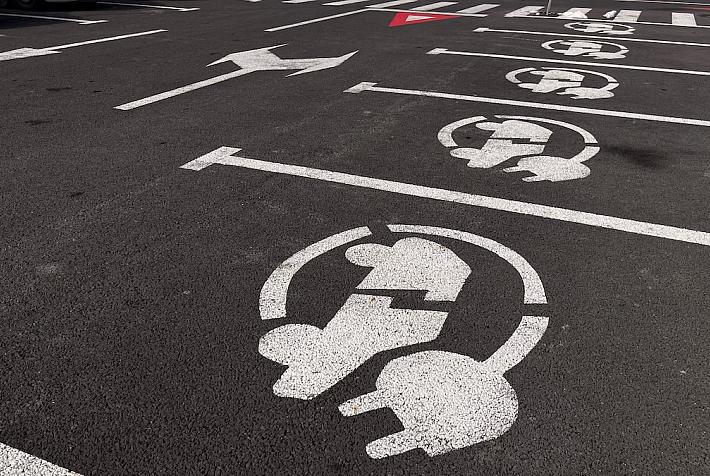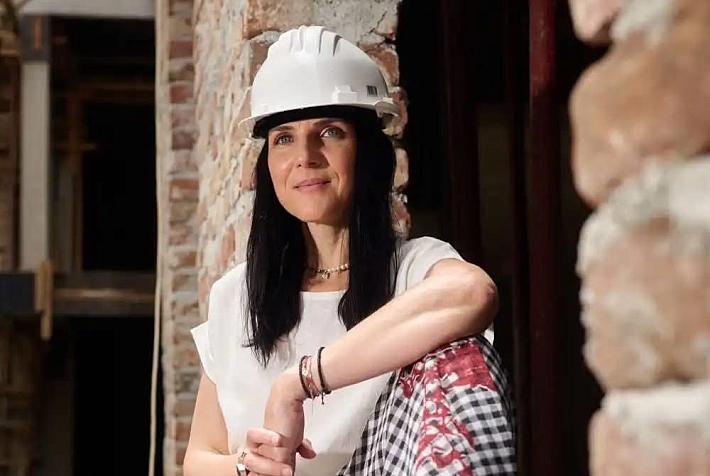US State Department report: One third of Romanian trafficking victims are children, traffickers seek victims close to their family

Children likely represent at least one-third of Romanian trafficking victims, and traffickers who recruit and exploit Romanian citizens are overwhelmingly Romanian themselves, typically seeking victims from the same ethnic group or within their own families, according to a recent report on human trafficking issued by the US State Department. The Romanian Government demonstrated 'weak efforts to protect and assist victims of trafficking during the reporting period, although victim identification remained high', the report found. Despite increasing efforts from the state, more needs to be done on state funding for NGOs which can provide assistance to victims of human trafficking, the US State Department recommends. Among the other recommendations are higher quality of victim services, building a trafficking-specific shelter for repatriated victims in Bucharest, as well as identifying potential victims among vulnerable populations, such as undocumented migrants, foreign workers, Roma, and children involved in begging or prostitution.
According to the report, the Government of Romania does not fully comply with the minimum standards for the elimination of trafficking, despite making significant efforts to do so. The state continued to identify a large number of victims and started a national referral mechanism for the Police to refer victims to the needed care, but for a fourth consecutive year, the government did not provide funding to NGOs offering assistance to trafficking victims, not did it offer specialized shelter services in Bucharest for adults and children. Meanwhile, trafficking prosecutions and convictions increased significantly during the reporting period, and the government continued to sentence a high proportion of convicted offenders to prison terms.
Romania is at the same time a source, transit, and destination country for men, women, and children subjected to forced labor and women and children subjected to sex trafficking, and Romanians represent a significant source of trafficking victims in Europe.
Romanian men, women, and children are subjected to forced labor in agriculture, domestic service, hotels, and manufacturing, as well as forced begging and theft in many European countries, while men, women, and children from Romania are victims of forced prostitution in these countries.
The Romanian government reported increasing sophistication among Romanian criminal groups, including the transportation of victims to different countries in Europe in order to test law enforcement weaknesses in each. Romania is a destination country for a small number of foreign trafficking victims, including sex trafficking victims from Moldova and labor trafficking victims from Bangladesh and Serbia. Romanian girls and boys, particularly those whose parents work abroad, are vulnerable to sex trafficking throughout Romania, according to the US State Department.
Romania prohibits all forms of trafficking in persons, which prescribes penalties of three to 15 years’ imprisonment. In 2012, Romanian authorities investigated 867 human trafficking cases, lower than 897 cases investigated in 2011. Some were prosecuted 667 and 427 trafficking offenders convicted in 2012, compared with 480 offenders prosecuted and 276 convicted in 2011. Some 255 of the 427 convictions were tried under the “trafficking in minors” article of the anti-trafficking law, as opposed to the more generalized “trafficking in persons” article.
More about human trafficking in Romania, here (in English).
editor@romania-insider.com












